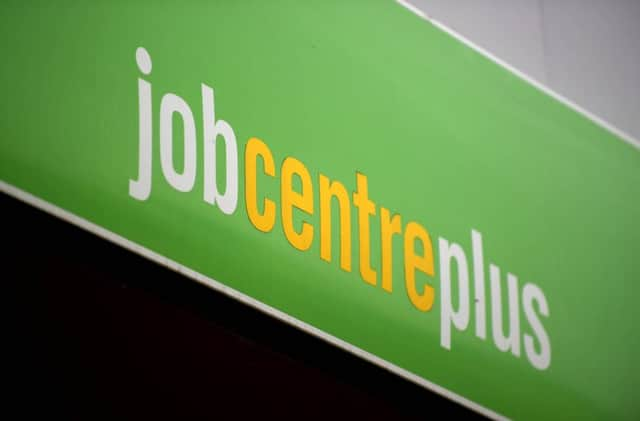Scottish unemployment rate rises by 20,000


There are now fears that the country could fall back into recession, with business and union leaders warning that confidence is plummeting.
The rise in the number of Scots on the dole accounts for almost the entire hike in the jobless total of 21,000 across the UK between December last year and this February.
Advertisement
Hide AdAdvertisement
Hide Ad• READ MORE: Scots employment figures reach a new record high
The number of people in work in Scotland also fell by 21,000 to stand at 2.6 million.
Grahame Smith, Scottish Trades Union Congress general secretary, said: “It is difficult to find cause for optimism for a quick turnaround in the Scottish economy. Government at all levels must urgently revisit economic strategy in order to prevent the Scottish economy descending back into recession.”
Scotland’s unemployment rate now stands at 6.2 per cent, compared to 5.1 per cent UK wide. It caps a miserable week for Scotland’s workforce which saw the announcement that the historic Carron Phoenix works was to close with its 200 jobs moved to Eastern Europe. Oil services firm Aker announced that 280 jobs are facing the axe in Aberdeen and London as the impact of the North Sea downturn continues to bite.
• READ MORE: Scott Macnab: It’s not all over quite yet for Labour
Andy Willox, of the Federation of Small Businesses Scotland said the figures should “focus minds” for politicians in the Holyrood election campaign.
“Our research shows Scottish small business confidence faltering. Firms are dealing with a raft of new challenges, including the National Living Wage and pension auto-enrolment deadlines,” he said. “While many parts of Scotland continue to do well, too many communities still suffer from the mistakes of the past, while some local economies face new challenges.”
Nicola Sturgeon said the rise was “deeply regretted”.